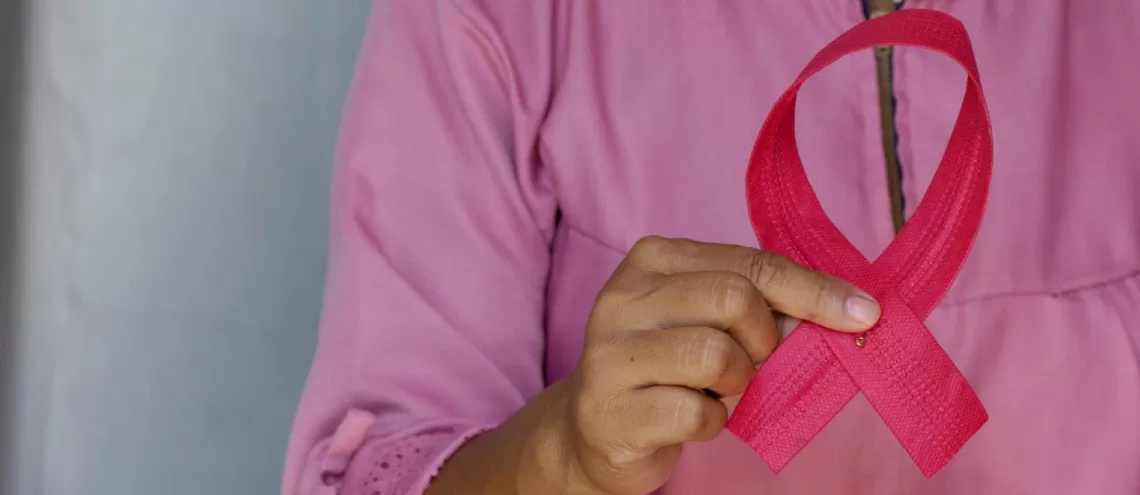
In the spirit of Breast Cancer Awareness Month, it’s important to spread awareness and dispel the myths surrounding this condition. While previous conversations have touched on the significance of early detection, self-exams, and risk factors, many women—and men—still hold onto myths that can delay or even prevent timely intervention. These misconceptions can create unnecessary fear or foster a false sense of security.
Breast cancer, being one of the most prevalent cancers globally, is often clouded with misinformation. But in the fight against breast cancer, knowledge is just as powerful as medical treatment.
Let’s break down some of the most common myths and set the record straight with facts based on science and expert insights.
1. Breast Cancer Only Affects Women with a Family History of the Disease

Fact: Many people believe that if no one in their family has had breast cancer, they are immune to the disease. The truth is that 90% of women diagnosed with breast cancer have no family history. While family history does increase the risk, it is far from the only factor.
The primary risk factor for breast cancer is simply being a woman. As a woman ages, her risk increases significantly. Most cases of breast cancer occur in women over the age of 40, and rates are highest in women over 70.
In Nigeria, the incidence rate of breast cancer has been climbing, with more women being diagnosed each year, particularly after the age of 40. While genetics play a role, it’s important to understand that anyone can be affected, even without a family link.
For this reason, regular mammograms and self-breast exams are critical, regardless of family history. Early detection remains the most effective way to improve survival rates.
Read: 5 Things You Should Know About Breast Cancer
2. Wearing an Underwire Bra Can Cause Breast Cancer
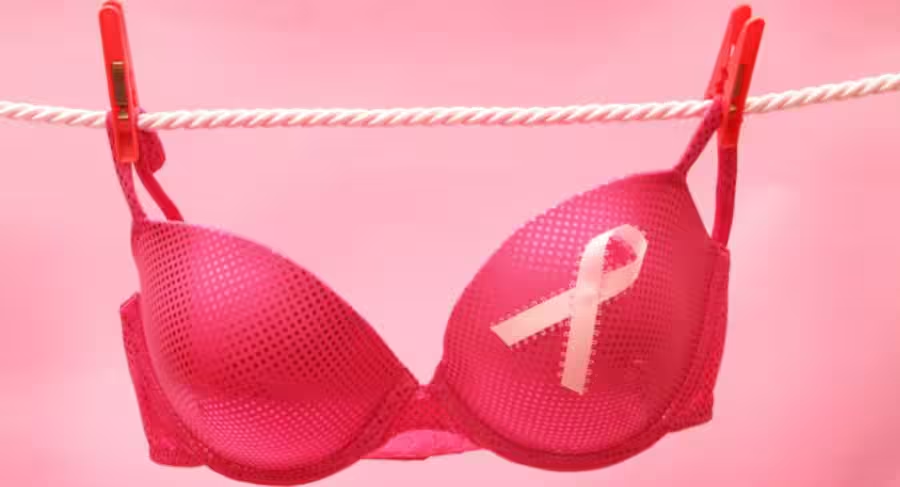
Fact: One of the most persistent myths is that wearing an underwire bra can increase your risk of breast cancer. The theory suggests that underwire bras restrict lymphatic drainage, leading to the buildup of toxins in breast tissue. However, there is no scientific evidence to support this claim.
What might happen with an underwire bra is discomfort or skin irritation if the bra doesn’t fit properly, but this irritation has nothing to do with cancer risk. Women should feel free to wear whichever bra style is most comfortable for them without fear of increasing their risk for breast cancer. The focus should be on proper breast support and comfort rather than any assumed health risks.
3. Breast Cancer Only Affects Older Women
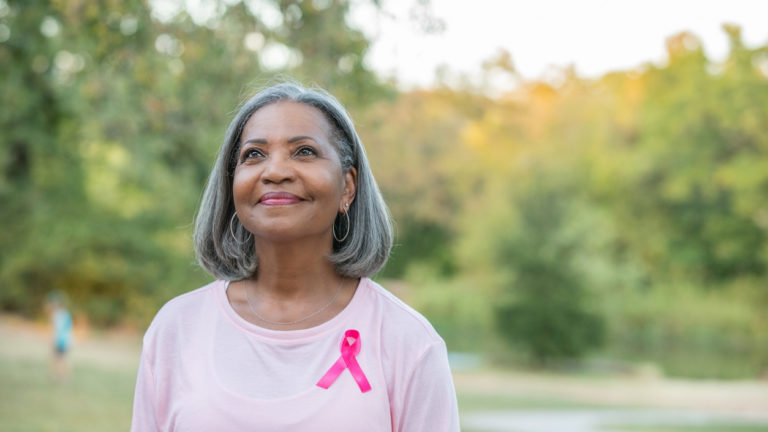
Fact: While breast cancer is more common in women over 50, it’s a myth that younger women are not at risk. In fact, about 5% of new breast cancer cases occur in women under 40, and there have even been rare cases in women in their 20s or younger.
In Nigeria, the burden of breast cancer is rising, with increasing numbers of young women facing diagnosis. Although younger women tend to have a lower overall risk, breast cancer in this demographic can be more aggressive, and younger women are less likely to think about routine screenings or early detection.
For younger women, it’s essential to perform regular self-exams and to be aware of any unusual changes in the breast. If there is a family history of breast cancer or other risk factors, younger women may need to begin screening earlier than the typical age of 40.
4. Men Cannot Get Breast Cancer
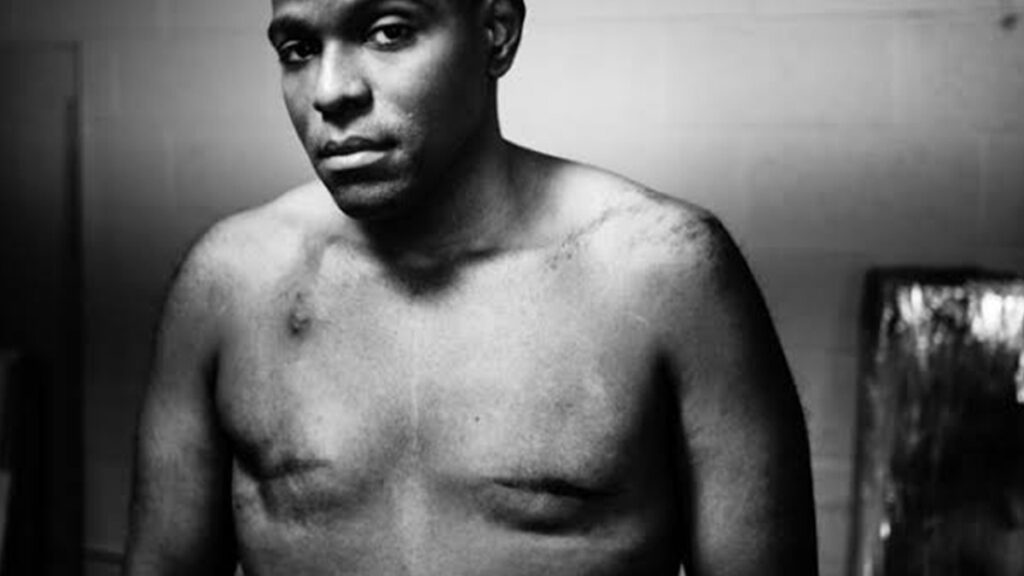
Fact: Although it is rare, men can get breast cancer. For every 100 cases of breast cancer in women, one case occurs in a man. Male breast cancer often goes undetected until it reaches a more advanced stage, partly because men don’t realize they are at risk.
Men with breast cancer typically experience symptoms similar to those of women, such as a lump or change in breast tissue. Still, because there is less awareness around male breast cancer, these symptoms are often ignored until the cancer has progressed. Genetics play a role, and men with a family history of breast cancer, particularly those with BRCA gene mutations, are at a higher risk.
Men should also pay attention to any unusual changes in their chest area and consult a healthcare provider if they notice anything abnormal. Early detection in men is just as crucial as it is for women.
Read: How to Make a PCOS-Friendly Plate
5. Finding a Lump in Your Breast Always Means You Have Cancer
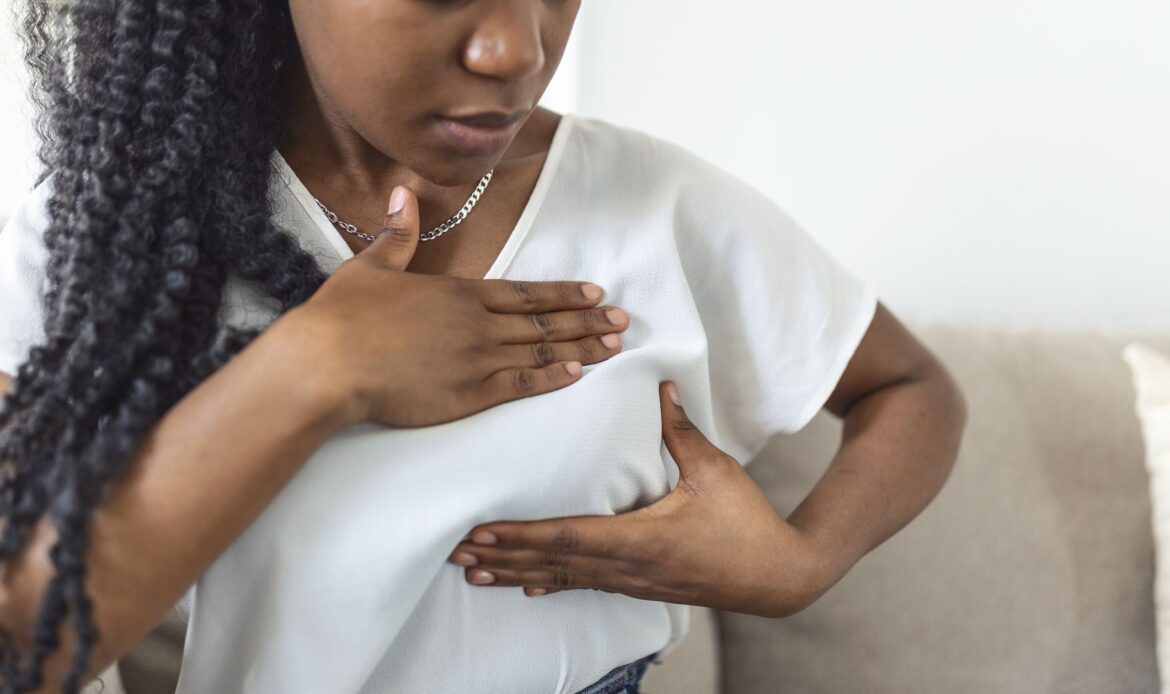
Fact: While finding a lump in your breast is concerning, not all lumps are cancerous. Many lumps are benign and can be caused by cysts, fibroadenomas, or other non-cancerous conditions. Most breast lumps turn out to be non-cancerous, but it’s still important to get them checked by a healthcare professional.
A mammogram or ultrasound can help determine whether a lump is benign or cancerous. Even if you’ve had a recent mammogram, if you discover a new lump, don’t ignore it. Promptly consulting with your doctor can ensure that any potential issues are detected and treated early, increasing the likelihood of a favorable outcome.
As Breast Cancer Awareness Month continues, moving beyond the myths and focusing on the facts is vital. Misinformation can prevent early diagnosis and lead to unnecessary worry. Knowing the truth about breast cancer empowers women and men to make informed decisions about their health.
Breast cancer is a complex disease, but it’s one that can often be treated successfully when caught early. By understanding that breast cancer affects women of all ages, men are also at risk, and lifestyle choices matter, we can collectively work towards earlier detection and better outcomes.
Let’s continue the conversation this October, spread the facts, and encourage regular screenings. Early detection can—and does—save lives. Help dispel the myths surrounding breast cancer. Share this article to spread awareness and encourage regular screenings, especially if you or someone you know is at risk. Schedule your mammogram today, and take charge of your health.
